Political Unrest Hits South Korea's Hospitality and Tourism Hard
The ongoing political crisis in South Korea has taken a significant toll on various industries, particularly the hospitality and tourism sectors. Since the declaration of a state of emergency on December 3, the atmosphere for year-end festivities has been dampened. A luxury hotel in Seoul reported cancellations of all government and corporate-related events, while high-ranking foreign officials have cut short their stays due to the political unrest. This has led to a decline in reservations, casting a shadow over the restaurant and hotel sectors.
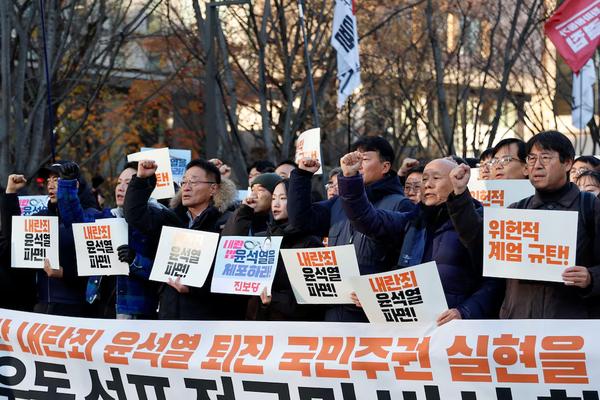
The tourism industry, which was previously thriving on South Korea's reputation for security, has also come to a standstill. Efforts to attract foreign tourists have been halted, with countries like China issuing travel advisories against visiting South Korea. A tourism industry official stated, "We need to attract foreign tourists from now until next year, but the state of emergency has completely halted this effort." The official added that it might take until March or April next year for the situation to stabilize.
Small Businesses and Home Shopping Industry Feel the Pinch
Small businesses and the home shopping industry are also feeling the heat. A home shopping official noted, "Consumers need to turn on the shopping channels to buy products, but since the state of emergency, everyone has been watching the news." The anger among small and medium-sized businesses is palpable, with some threatening to take drastic actions.
Major department stores such as Lotte, Shinsegae, Hyundai, and Galleria continue their operations but are concerned about the potential impact on year-end sales. This period is crucial for the retail industry, with sales of Christmas and New Year's gift items and the reservation sales of Lunar New Year gift sets at stake. The department store sector saw its winter sales at the end of 2016 decline for the first time in five years. However, there is speculation that overall sales may not be significantly affected as consumers shift to areas like Gangnam, avoiding protests in downtown Seoul.
Government Functionality Weakened, Economic Policies at Risk
There are concerns that the weakening of government functions could affect various consumption-related policies. The food industry, struggling with high prices, may see additional price increases due to rising exchange rates, particularly in the sugar and flour sectors. This would affect general food products, leading to higher consumer costs. During the period from late 2016 to early 2017, amid the impeachment of the Park Geun-hye administration, there were sudden price hikes from companies such as Nongshim, Paris Baguette, Coca-Cola, and OB Beer. Normally, the government would indirectly restrict price increases, but its control weakened during the impeachment situation.
The delivery platform win-win council, which barely reached an agreement after nearly a year of negotiations, also needs to discuss specific implementation plans with the Fair Trade Commission, but there are concerns that this could be delayed due to the current political unrest.
As the situation continues to unfold, the economic impact of the political crisis in South Korea remains uncertain. Industries across the board are bracing for further disruptions, and the path to recovery will likely be a long and challenging one.

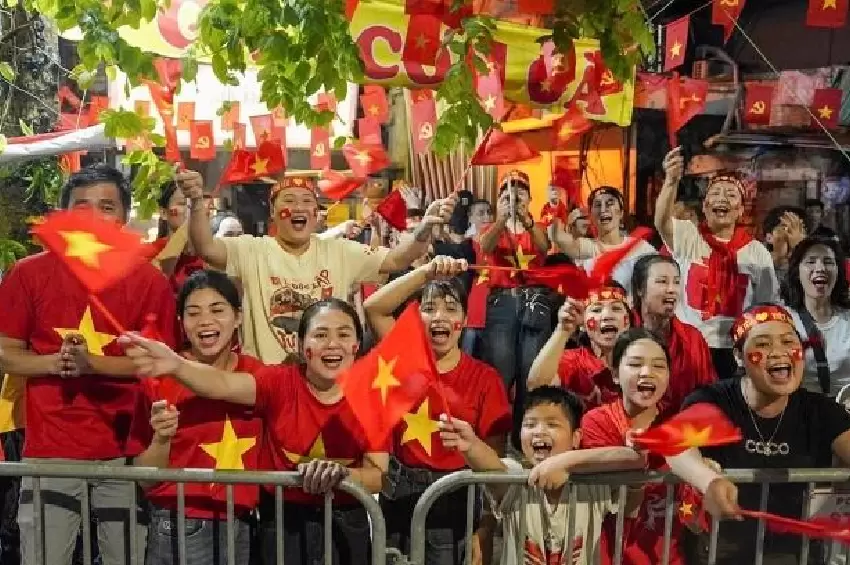
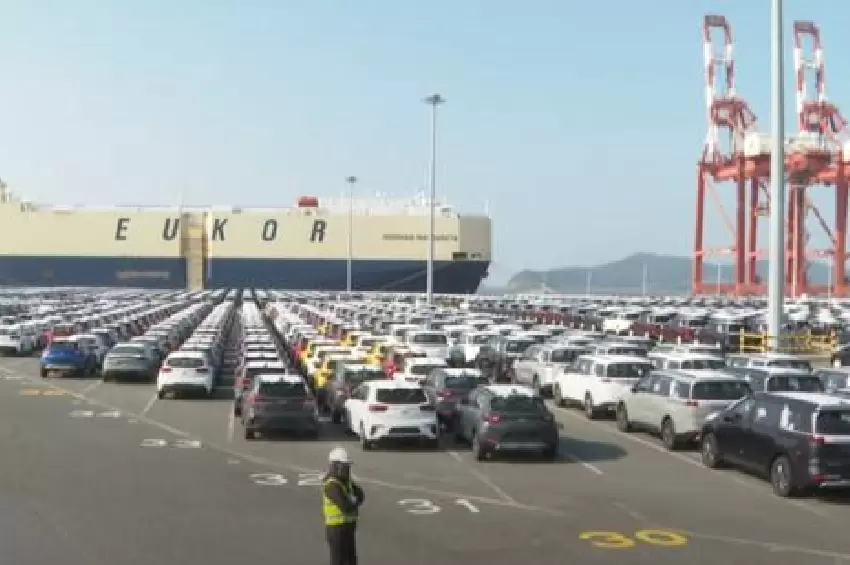

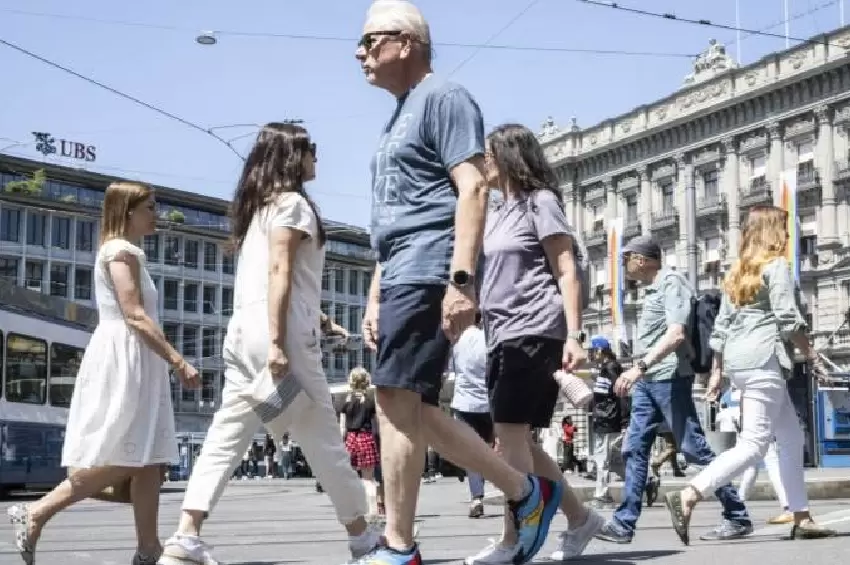

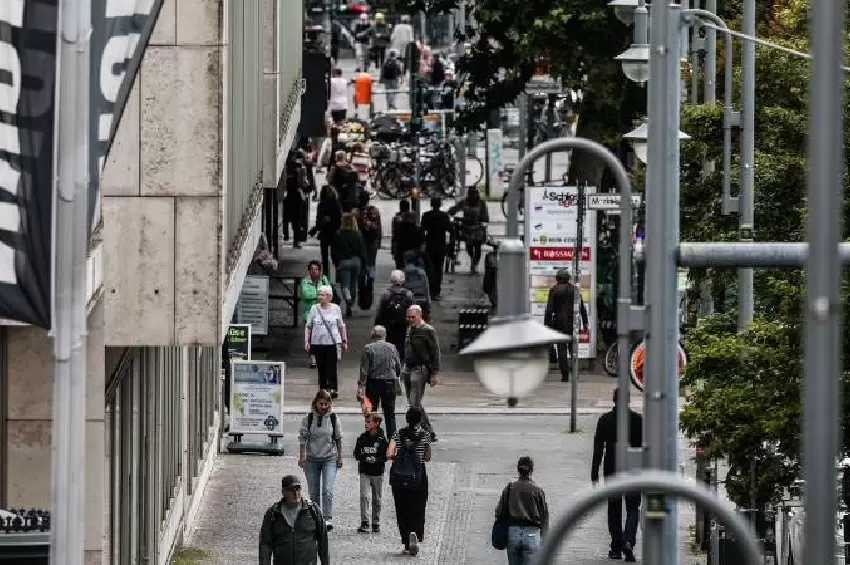

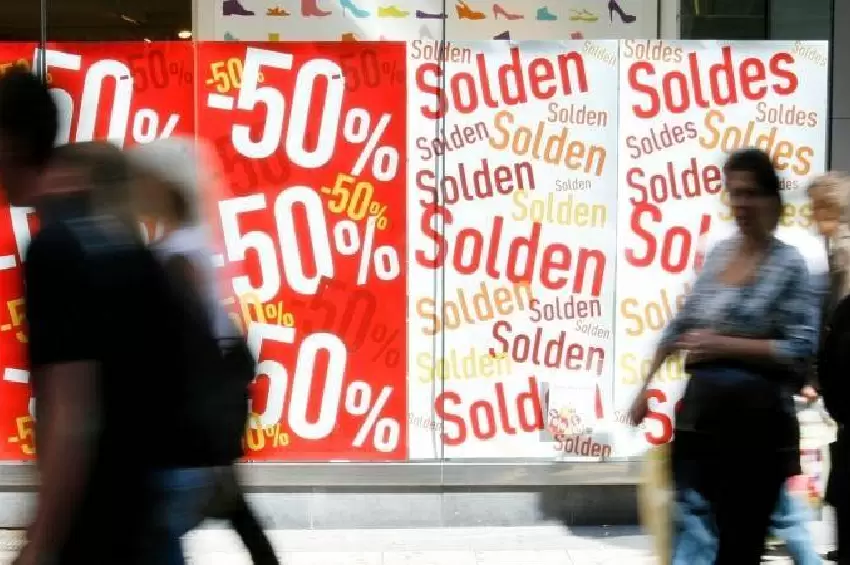
Comments